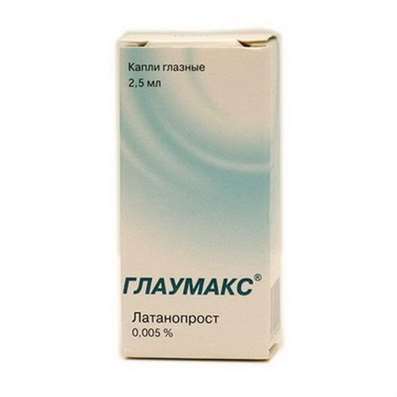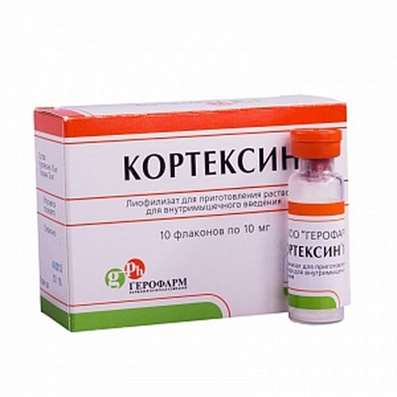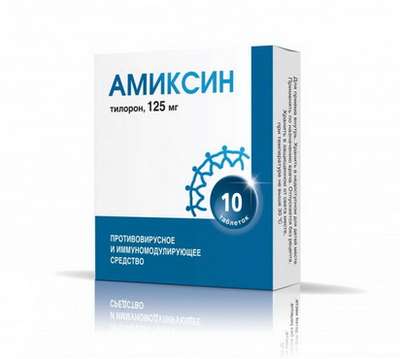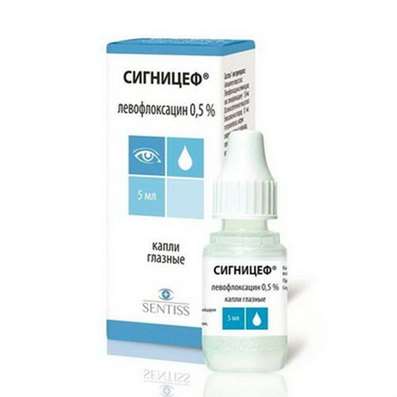Instruction for use: Cytisine (Cytisinum)
I want this, give me price
Chemical name
(1R) -1,2,3,4,5,6-hexahydro-1.5-methano-8H-pyrido [1,2-a] [1,5] diazotsin-8-one
Pharmacological group
n Holinomimetiki
Funds for correcting violations in alcoholism, drug addiction and toxic
Nosological classification (ICD-10)
F17.2 Nicotine addiction
Link to smoking, Attracted to tobacco smoking, tobacco dependence,Withdrawal symptoms during smoking cessation, Abuse of nicotine
Z72.0 Tobacco use
Smoking
Code CAS
485-35-8
Characteristics
Alkaloid contained in the seeds of plants of broom (Cytisus laburnum L.) and Thermopsis lantsetolistnogo (Thermopsis lanceolata R.Br.), both of the legume family (Lugiminosae). A white or slightly yellow crystalline powder, easily soluble in water, ethanol, chloroform.
Pharmacology
Mode of action - cholinomimetic.
It turns n-cholinergic receptors of the autonomic (sympathetic and parasympathetic) ganglia, the adrenal medulla and the carotid sinus area. Interacting with the n-cholinergic receptors of the carotid glomeruli causes short-term reflex stimulation of the respiratory center of the medulla oblongata. Excitation n-cholinoreactive adrenal chromaffin tissue structures accompanied by increased release of epinephrine, which, combined with the stimulation of the sympathetic ganglia, leading to increased blood pressure. Hypertensive effect can be used for inhibition of blood flow and other hypotensive states.
Earlier cytisine used for poisoning by morphine, barbiturates, carbon monoxide, etc., Are now due to the emergence of specific opiate antagonist, and the use of barbiturates is very limited. Additionally, cytisine used to estimate blood flow velocity based on a determination time from the cubital vein injection (0.7-1 ml) to the first deep breath.
When the reflex respiratory arrest (including during operations, injuries), inhibition of breathing and blood circulation in patients with infectious diseases used (w / w, w / m) 0.15% cytisine solution.
It competes with nicotine for the n-cholinergic receptors, reduces nicotine dependence, alters the sensation of smoking unpleasant, reduces the craving for smoking. It eases withdrawal symptoms during smoking cessation.
The mechanism of action and effects similar to nicotine cytisine pharmacodynamics, which allows when applied gradually quit smoking without the development of withdrawal phenomena.
Indications
Nicotine addiction (to facilitate smoking cessation).
Contraindications
Hypersensitivity, acute myocardial infarction, unstable angina, arrhythmias, recent myocardial ischemic attack, expressed atherosclerosis, bleeding from major blood vessels, hypertension, pulmonary edema, bronchial asthma, gastric ulcer and duodenal ulcer in the acute stage, pregnancy, breastfeeding.
Restrictions apply
Schizophrenia, chromaffin adrenal tumors, gastroesophageal reflux disease, coronary artery disease, chronic heart failure, cerebrovascular disease, hyperthyroidism, peptic ulcer, diabetes mellitus, renal and / or hepatic insufficiency, age 18 and older than 65 years.
pregnancy and lactation
Not recommended during pregnancy due to the potential risk of embryotoxic action uncontrolled reception. Do not take during breastfeeding.
Side effects
From the digestive tract: changes in taste and appetite, dry mouth, abdominal pain, nausea, constipation, diarrhea.
From the nervous system and sensory organs: headache, dizziness, insomnia, drowsiness, irritability.
Cardio-vascular system and blood (blood, hemostasis): palpitations, tachycardia, increased blood pressure, chest pain.
Other: allergic reactions (itching, rash, eosinophilia), myalgia, dizziness, weight loss, increased sweating.
Interaction
Do not use cytisine in conjunction with anti-TB drugs.
Overdose
Symptoms include nausea, vomiting, dilated pupils, weakness, tachycardia, convulsions, respiratory paralysis.
Treatment: gastric lavage (orally), control heart rate, blood pressure, respiratory function, if necessary - the introduction of infusion solutions, anticonvulsants, cardiotonics, analeptic and other symptomatic treatment.
Routes of administration
Inside, transdermally, topically (on the buccal mucosa area).
Precautions
When used for smoking cessation positive result is possible only if a solid solution of a smoker to give up smoking.
Patients should be warned that the use of the drug on the background continue smoking can lead to nicotine poisoning.
Not allowed TDTS joint application with other drugs with similar mechanism of action and side effects. Plot with TDTS skin should not be exposed to water.

 Cart
Cart





